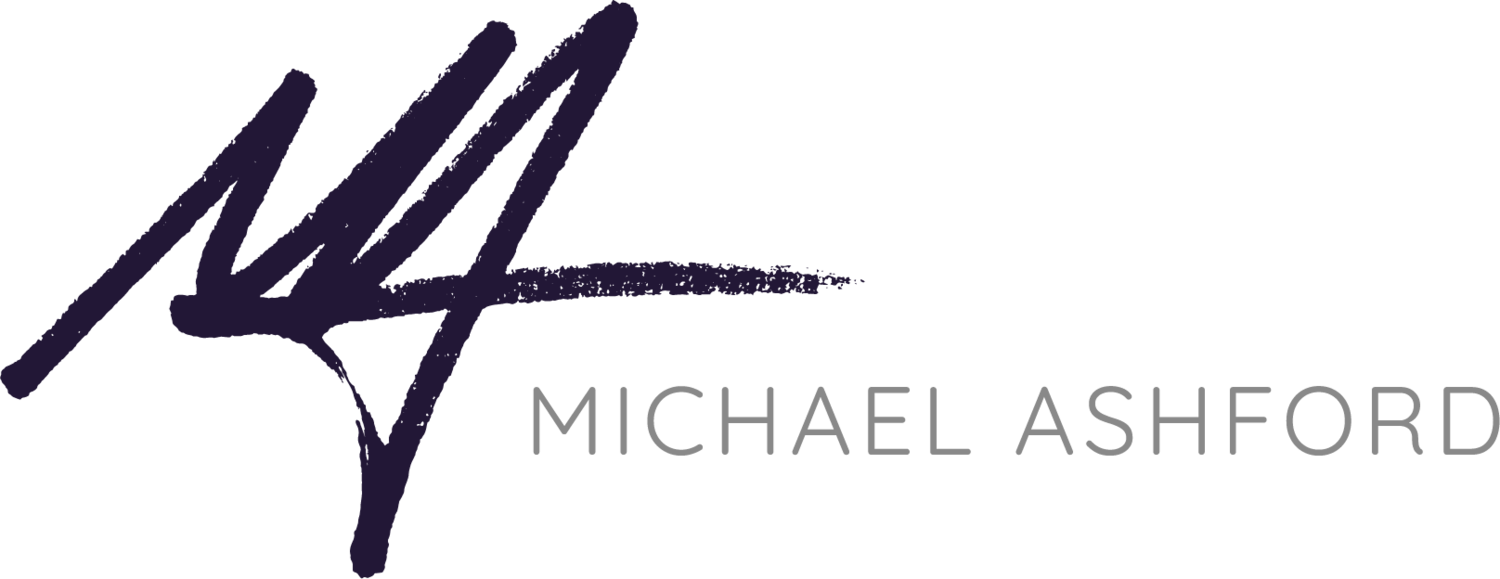The worst way we communicate
I used to be a lawyer.
OK, not really. But I practiced being a lawyer for many years.
OK, not in law school, or even in any pre-law classes in college.
Truth is, I was on my high school's Mock Trial team, where I pretended to be a lawyer.
If you’re not familiar with Mock Trial, it’s exactly as it sounds — teams from different schools take a fake case to fake court and present fake arguments in front of fake judges in a shockingly heated competition.
And my high school — Bonner Springs High School — happened to be the best Mock Trial team in the state of Kansas.
That is, until I moved into a varsity spot (yes, yes, we had J.V. and varsity teams), when we promptly finished second after a run of more than five years winning the state title and competing at nationals.
Anyhoo...
In our training to be fake lawyers, we had real, actual lawyers coach us.
And the number one lesson they drilled into our heads?
Never ask your witness a question you don't already know the answer to.
I think back to all the hours I spent in practice carefully crafting the questions I would ask my witnesses to word them in such a way that there could only be one conceivable answer — the answer I knew would win my team the case.
I didn’t ask questions because I was curious and genuinely wanted to fill a gap in my understanding.
I asked questions to win!
Though most of us have never played the part of fake lawyer on a Mock Trial team, we all play the part at a state championship-winning level in everyday life.
And who can blame us?
I mean, c’mon, there was a Mock Trial team at my high school where the goal was to crush opposing witnesses into giving me answers I wanted ... nay, I needed. To claim victory. To defeat the other side’s argument.
There was not a Listening team.
That sounds awful, actually. Stick with me, though.
In college, when I took expository writing classes, the persuasive essay assignments required me to consider the opposing point of view ... and then list all of the ways that view was wrong.
How many tests in school allowed you to be nuanced with your answers?
Sure, maybe calculus only has one right answer to a question, but you catch my drift.
The lesson is repeated over and over again: questions merely serve to help you get your way.
This doesn’t just rear its head in political and social arguments.
After years of schooling where we’re taught to pick a side and argue like hell for it, we carry this mentality into our jobs, our marriages, our friendships, the causes we care about, and the communities we exist within.
We use questions as assault weapons rather than as invitations into conversation, and it is the worst way we communicate.
We ask questions we believe we already know the answer to based on our cherry-picked ideas and evidence and our narrow field of experience.
And our aim?
Our aim is to win. To claim victory. To defeat our opposition. To establish superiority. To blast “the other” into such a state of embarrassment that they either slink away never to be heard from again, or they admit our greatness and agree our ideas are best.
Either way, we get what we want. We win.
Except ... we don't.
Because we’re not on a Mock Trial team. Our conversational outcomes aren’t decided by judges. Very few of us will ever participate in a tried-and-true debate.
But more than that, embarrassing people we disagree with only ensures they will argue harder next time.
Using bad faith “questions” to back people into a corner is met not with acquiescence but with vengefulness.
Asking unanswerable questions and then claiming victory only increases the likelihood of resentment, not reconciliation.
To be able to communicate well, you must be able to ask curious questions — questions that actually help you understand a situation or a point of view rather than backdoor force an assumption or opinion on someone else.
Using questions as weapons occurs most often as the Peak of “Mount Stupid”* on the Dunning-Kruger Effect Curve, where our competence about an issue or topic or idea or person is low, but our confidence is unjustifiably high.
*No, I'm not calling anyone stupid as a person.
Asking more curious questions gets us closer to the slope of enlightenment and eventually to the plateau of sustainability, where we realize we don't know everything, and asking curious questions is the only way to fill that gap.
My encouragement to you is to take time to consider the questions you ask. Have the self-awareness to understand if you're being truly curious or if you’re trying to steamroll your way to a victory that doesn’t exist.
Because after hundreds of interviews and years of communications education, I can undoubtedly say that I have found the most self-aware people to be the ones who ask the most real, actual questions, and they more often than not tend to be the best communicators as well.
Interested in improving your communication skills and presence? Learn more about what it’s like to work with me as your communications coach.


